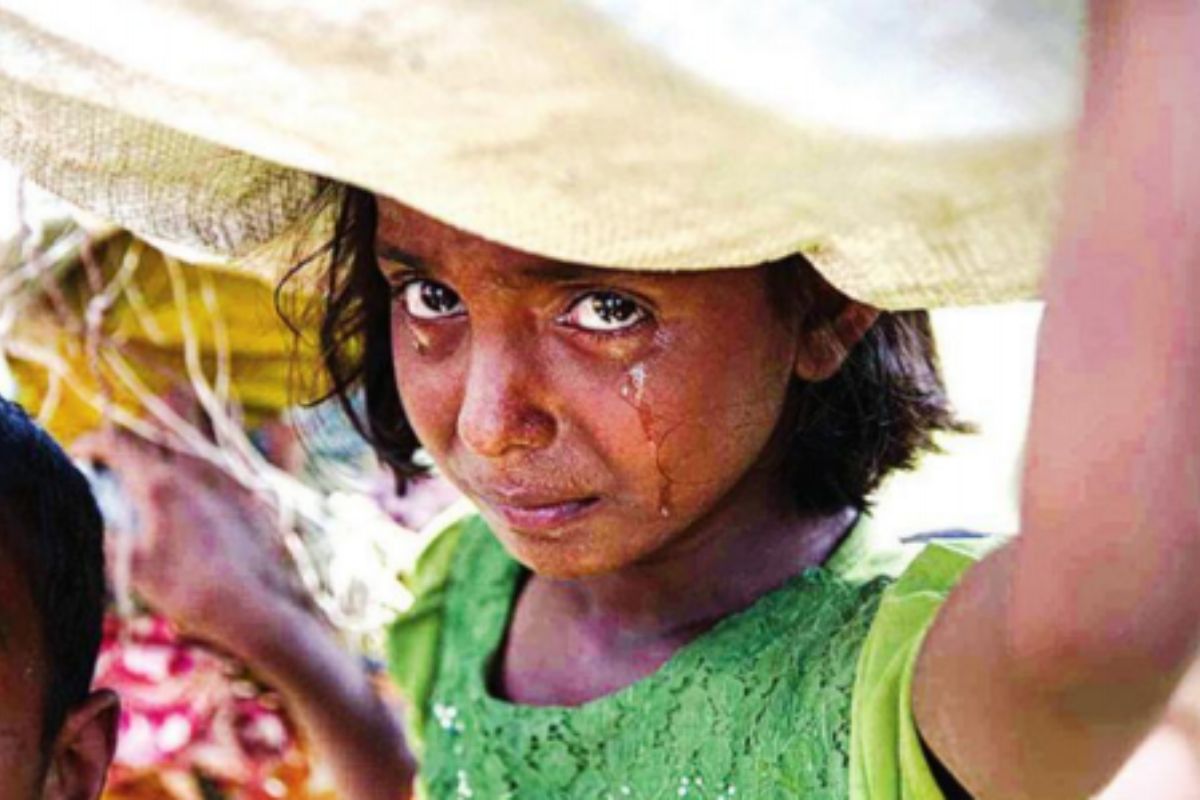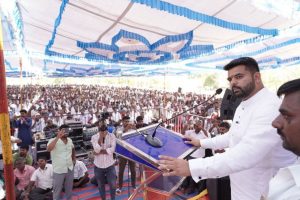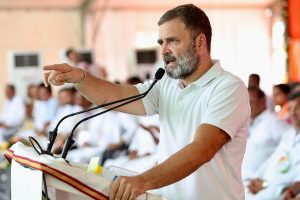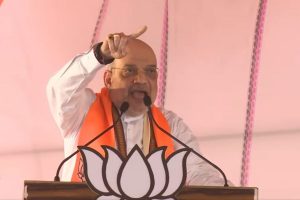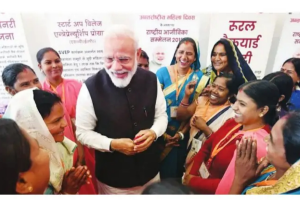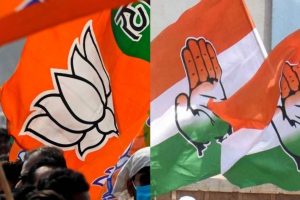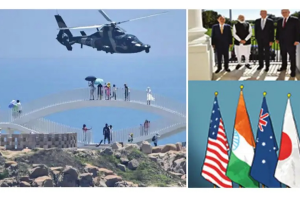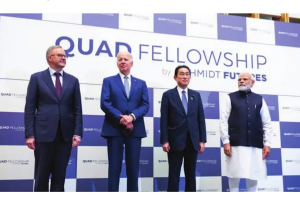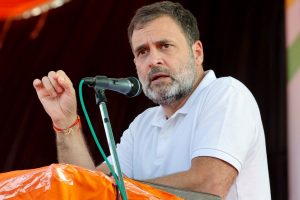Rohingyas living in India have once again hit the headlines as Union Ministry of Home Affairs made an official statement following a tweet of Hardeep Puri, the Union Housing Minister, to clarify the stance of the Indian Government on the Rohingyas living in New Delhi. On 17 August 2022, Hardeep Puri tweeted that “India has always welcomed those who have sought refuge in the country” and that all Rohingya refugees in Delhi would be shifted to Economically Weaker Section (EWS) flats in Bakkarwala. Hours after this tweet, MHA promptly issued a statement under the head “Rohingya illegal migrants” clarifying the stance of the government by stating that it had “not given any direction to provide EWS flats to Rohingya illegal migrants at Bakkarwala in New Delhi.” After MHA’s statement, Puri took a u-turn and declared that the “correct position” of the Government on the Rohingyas has been stated in the press release of the MHA.
Delhi Deputy Chief Minister Manish Sisodia, following this, even said that the Union home minister Amit Shah should enquire who took the decision of relocating the Rohingyas. The BJP-AAP duel on the Rohingyas has once again made clear the insensitivity of the state to a community that has been declared by the UN as the “most persecuted minority” of the world. In fact, the use of the term “illegal migrants” for the Rohingyas living in India is highly objectionable. They carry UNHCR refugee cards and asylum seekers’ certificates which are globally recognized as the identification documents for the refugees. Court verdicts in India have also previously recognized the official ‘refugee status’ of the asylum seekers. In the U Myat Kayew and Nayzan vs State of Manipur case, Gauhati High Court passed an order in 1991 stating that the “asylum seekers who enter India, even if illegally, should be permitted to approach the office of the UN high commissioner to seek refugee status.”
The 1951 Refugee Convention and the 1967 Protocol, which are globally acknowledged as binding on states in matters related to refugees, have also duly protected some basic rights of the refugees and asylum seekers. In fact, as per the Convention and the Protocol, asylum seekers and refugees are entitled to all the rights mentioned in the international human rights instruments. Article 8 of the Statute of the Office of the UNCHR clearly states that it would promote “admission of the refugees, not excluding those in the most destitute categories, to the territories of States” and “the conclusion and ratification of international conventions for the protection of refugees.” The refugees’ right to protection, though not clearly spelt out, was also the spirit of the 1951 Convention that had in its core the principle of non-refoulement.
So, what the Union Government is doing with the Rohingyas clearly violates the international protocol in regard to the rights and freedom of the refugees. The absence of a refugee law in India could only be used as an alibi to cover up the inhuman and unjust treatment that the Rohingyas are receiving over the past few years. But the absence of legislation does not empower anyone to do something which is grossly inhuman and against internally acknowledged norms. It is unfortunate that the Rohingyas have already been identified as a threat to national security. In April 2022, AAP even blamed the Rohingyas for the Jahangirpuri violence. In the last month, the Rohingyas living in tents in Haryana had to face police raids. Reportedly, in the name of raid, police harassed them and treated them almost as terrorists. In fact, prior to this, hundreds of Rohingyas residing in different camps in Jammu were transported to Hiranagar jail (which is now being used as a detention centre) in March 2021.
While giving an interview to the correspondent of a news portal, Sofika, a Rohingya refugee, who had to leave her sister in Jammu and come to Haryana, had said, “We have no greed for India’s money. We have no greed for its citizenship. We just want to live in peace. We want to teach our kids. The value of education is something we learned here. In our country, most of our people are illiterate because the government doesn’t give us any opportunity to study. So we request the Indian government to not look at us, but at the innocent faces of our children who get an education here. Let them stay and study. If we go back, their lives will be ruined like ours.” It is indeed an irony that in his tweet (probably unknowingly) Puri echoed one of the great men of India. In his famous welcome address at the World Parliament of Religions, Chicago, on 11 September 1893, Swami Vivekananda said, “I am proud to belong to a nation which has sheltered the persecuted and the refugees of all religions and all nations of the earth.” While India celebrates the 75th anniversary of its Independence, it must not forget the ideology and works of the makers of modern India.

